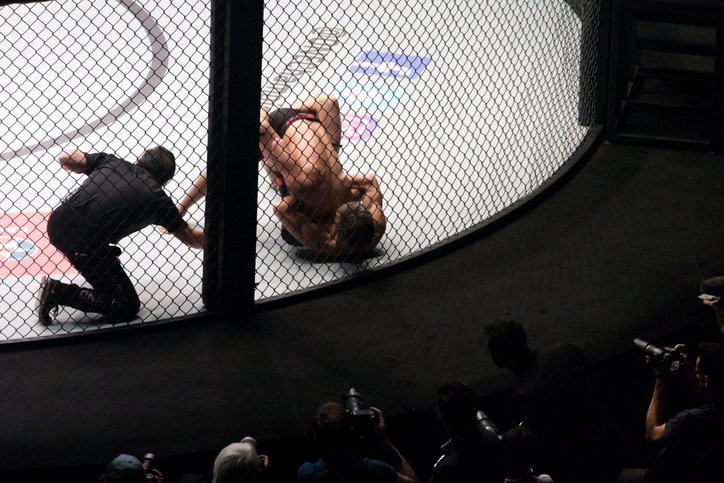
There is a legal drama brewing between Elon Musk’s Twitter and Mark Zuckerberg’s Meta, formerly known as Facebook. The bone of contention? Meta’s new creation, Threads, looks a lot like Twitter (but even more like Instagram, which Meta also owns). Musk’s Twitter was quick to cry foul, claiming that Meta poached their engineers and stole Twitter’s trade secrets. It’s tempting to reach for the popcorn to watch this epic showdown, and although it is entertaining, the drama is also instructive.
Just months prior, Musk made headlines when he cut Twitter’s workforce drastically from 8,000 to a mere 1,500. He justified the move as a strategy to streamline the company, emphasizing the improvements in the system’s responsiveness and shedding what he dismissed as a superfluous layer of “activist” employees engaged in censorship. Yet, the sharp contrast in Musk’s sentiments towards these former employees when they became potential assets for rival Meta paints the perfect picture of corporate hypocrisy.
Now, let’s take a moment to reflect on the larger implications at play. In the fast-paced realm of digital media, ideas, and skills swirl around like confetti at a party. Drawing clear lines between trade secrets and general know-how can be a daunting task, and defaulting to a setting where former employees are sidelined to protect the theoretical concerns of hysterical companies harms employees, entrepreneurs, and consumers. It contributes to wage stagnation.
While we are on the subject, it’s high time we reconsider the role of non-compete agreements. These agreements often stifle labor market mobility and hinder competition, hindering the growth of entrepreneurs with fresh ideas. Employees who could negotiate salaries that reflect their worth on the open market are locked into lower-paying jobs. In a digital age where geography holds little relevance, it’s clear that our legal frameworks must evolve to adapt to the changing economy.
So, grab your favorite social media device, settle in, and prepare for the cage match between Musk and Zuckerberg. Get ready for more threats, snarky tweets, and maybe even a few memes along the way. It’s a battle of the billionaires, and we all have a front-row seat. Who will emerge victorious? (My bet is that the lawyers will come out on top, although it’s hard to envision Musk suing Meta.) Nonetheless, let’s not miss this opportunity to ponder the depths of corporate hypocrisy and advocate for a new legal framework that recognizes the fundamental right of every single one of us to pursue our greatest worth.